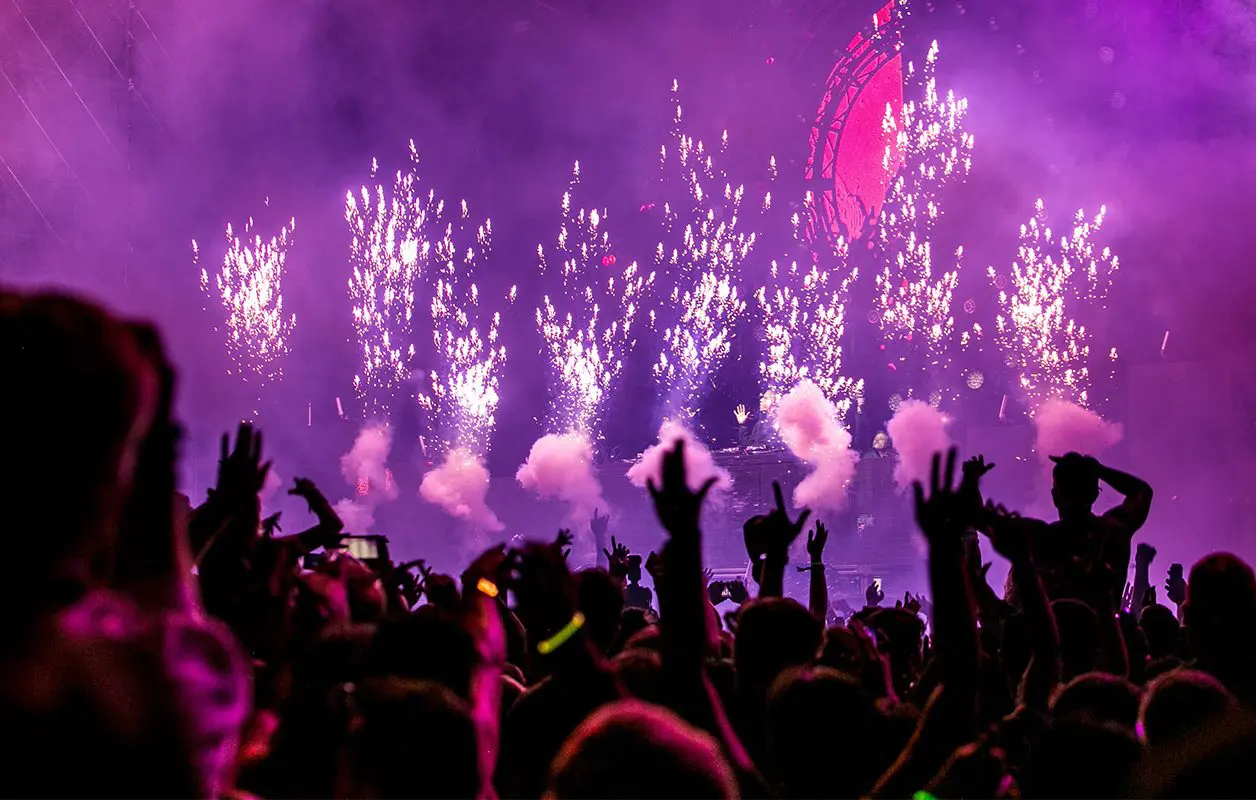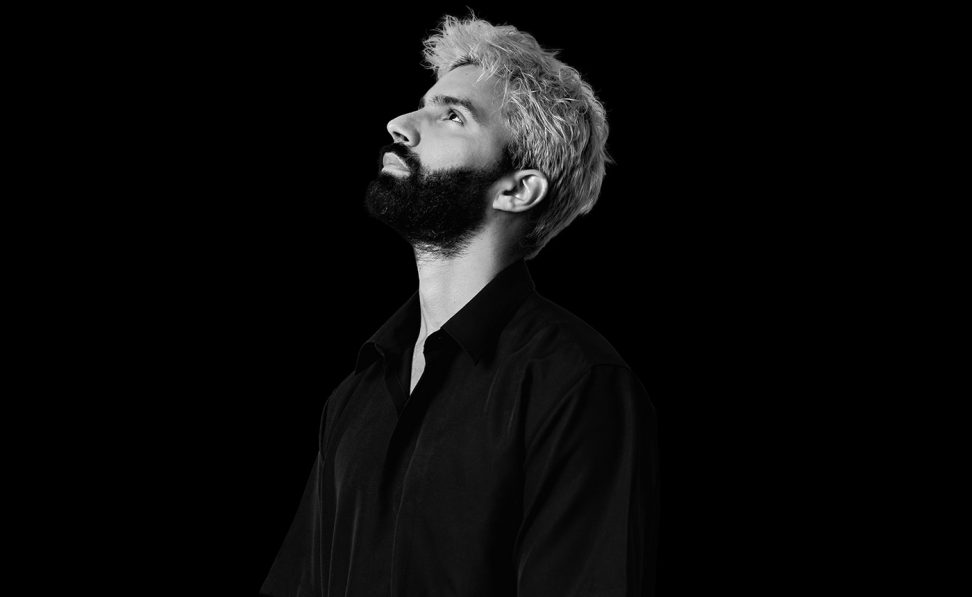
Music festivals have become defining cultural experiences, bringing together people from all walks of life to celebrate art, community, and the power of sound. At the heart of these transformative events lies the pulsating beats of electronic dance music (EDM), a genre that owes much of its evolution to European DJs. These pioneers have not only shaped the soundscapes of festivals but also redefined how we experience live music on a global scale.
The Rise of Electronic Dance Music in Europe
The story of European DJs and their influence on music festivals begins in the late 20th century. In the 1980s and 1990s, Europe became a breeding ground for innovative sounds, with cities like Berlin, London, and Ibiza emerging as hubs of electronic music culture. Berlin’s post-reunification era saw the explosion of techno, driven by artists who transformed abandoned warehouses into vibrant music venues. Ibiza, with its idyllic island setting, attracted DJs and partygoers from around the world, cementing its reputation as the epicenter of electronic music.

European DJs like Sven Väth, Carl Cox, and Laurent Garnier built the foundations of modern electronic music. Their groundbreaking work in the 1990s set the stage for an entirely new festival experience. These artists didn’t just play music; they curated immersive journeys, blending tracks seamlessly to create euphoric narratives. This approach transformed the role of the DJ from mere entertainer to storyteller, capable of crafting unforgettable moments for thousands of people.
The Evolution of the Festival Experience
As electronic dance music grew in popularity, so did the scale and ambition of music festivals. In the early 2000s, European festivals like Tomorrowland in Belgium, Creamfields in the UK, and Awakenings in the Netherlands began to gain international attention. These events elevated the festival experience, combining cutting-edge production, elaborate stage designs, and diverse lineups featuring top-tier DJs.
Tomorrowland, in particular, became a global phenomenon, setting new standards for what a music festival could be. Its whimsical, otherworldly themes and meticulous attention to detail turned the event into an immersive spectacle. European DJs were central to this transformation, commanding massive stages and captivating audiences with their dynamic sets.
The festival experience evolved from a passive listening event into a communal celebration. Attendees became active participants, drawn into a world where the music, visuals, and atmosphere converged to create a shared sense of euphoria. European DJs harnessed this energy, using their music to forge deep connections with the crowd, transcending language and cultural barriers.
The Globalization of European Talent
The impact of European DJs extended far beyond their home continent. By the mid-2000s, these artists were headlining festivals across the globe, bringing their distinctive styles and techniques to new audiences. DJs like Tiësto, Armin van Buuren, and David Guetta became household names, introducing electronic dance music to mainstream audiences in the United States, Asia, and South America.

The globalization of European DJs coincided with the rise of social media and streaming platforms, which made their music more accessible than ever before. Tracks that once only circulated in underground clubs were now reaching millions of listeners, inspiring a new generation of fans and aspiring DJs. This digital revolution allowed European artists to connect with audiences in ways previously unimaginable, further cementing their influence on the global festival circuit.
As European DJs gained international recognition, they also began collaborating with artists from other genres, blending EDM with pop, hip-hop, and rock. These collaborations introduced electronic music to new demographics and diversified festival lineups, ensuring its lasting appeal.
Pioneering Live DJ Performances
One of the key ways European DJs revolutionized music festivals was through their approach to live performances. Unlike traditional bands, which rely on rehearsed setlists and structured songs, DJs embrace spontaneity, tailoring their sets to the energy of the crowd. This adaptability is a hallmark of the European DJ style, emphasizing interaction and flow over rigid structure.
In addition to their technical prowess, European DJs pushed the boundaries of what a live performance could entail. Artists like Richie Hawtin and Eric Prydz incorporated cutting-edge technology, such as custom visuals, holograms, and interactive lighting systems, to create multi-sensory experiences. These innovations not only enhanced the spectacle of festivals but also set a benchmark for artistic creativity in live music.
The emphasis on live mixing also allowed European DJs to showcase their individuality, blending diverse influences to create unique sonic identities. Whether it was the hypnotic minimalism of Berlin techno or the euphoric melodies of Dutch trance, these styles became synonymous with specific regions, adding a rich cultural dimension to festivals.
Cultural Impact and Legacy
The influence of European DJs on global music festivals extends beyond the music itself. By popularizing electronic dance music, these artists also shaped the broader culture surrounding festivals. The ideals of inclusivity, freedom, and self-expression—core tenets of the European rave scene—became defining features of festivals worldwide.
Festivals like Tomorrowland and Creamfields didn’t just export music; they exported a mindset. Attendees embraced the communal ethos of electronic music culture, forming connections that transcended national and cultural divides. The festival became a microcosm of global unity, where people from all walks of life could come together to celebrate their shared love of music.
Moreover, European DJs have inspired countless artists, encouraging them to explore the creative possibilities of electronic music. Their contributions have fostered a vibrant global scene, with new festivals emerging in regions as diverse as South Africa, Japan, and Brazil. These events often draw heavily from the European model, blending local traditions with the festival blueprint established by pioneers like Carl Cox and Tiësto.
Challenges and Opportunities
Despite their monumental impact, European DJs and festivals face challenges in an ever-evolving music landscape. The commercialization of EDM has raised questions about artistic integrity, with some critics arguing that the genre’s mainstream success has diluted its underground roots. Additionally, the environmental impact of large-scale festivals has become a pressing concern, prompting organizers to adopt more sustainable practices.

However, these challenges also present opportunities for innovation. Many European DJs are leading the charge in promoting sustainability and inclusivity within the festival scene. From adopting carbon-neutral technologies to curating diverse lineups that highlight underrepresented voices, these efforts ensure that festivals remain relevant and forward-thinking.
The Future of Festivals
As the music industry continues to evolve, European DJs remain at the forefront of shaping its future. Emerging technologies, such as virtual reality and artificial intelligence, are poised to revolutionize live performances, offering new ways to connect with audiences. European artists have a proven track record of embracing innovation, making them well-positioned to lead this next wave of transformation.
Moreover, the rise of hybrid festivals—combining physical and virtual experiences—offers exciting possibilities for reaching wider audiences. Events like Tomorrowland Around the World have demonstrated the potential of these formats, allowing fans to experience the magic of festivals from the comfort of their homes.
At their core, festivals will always be about connection and community. European DJs have shown that music has the power to unite people, creating shared moments of joy and transcendence. As the world becomes increasingly interconnected, the values that these artists represent—creativity, inclusivity, and a love for the art form—will continue to resonate with audiences around the globe.
Conclusion
European DJs have undeniably revolutionized global music festivals, transforming them into immersive cultural phenomena. Through their innovation, creativity, and passion, they have elevated the festival experience, making it a cornerstone of contemporary music culture. Their influence is felt not only in the sounds that dominate festival stages but also in the values that define these events: unity, freedom, and a celebration of life.
As we look to the future, it’s clear that European DJs will remain central to the evolution of music festivals. Whether through groundbreaking performances, cultural leadership, or their enduring ability to inspire, these artists continue to shape the way we experience music. And in doing so, they remind us of the universal language of rhythm and melody—a language that brings us together, no matter where we come from.

